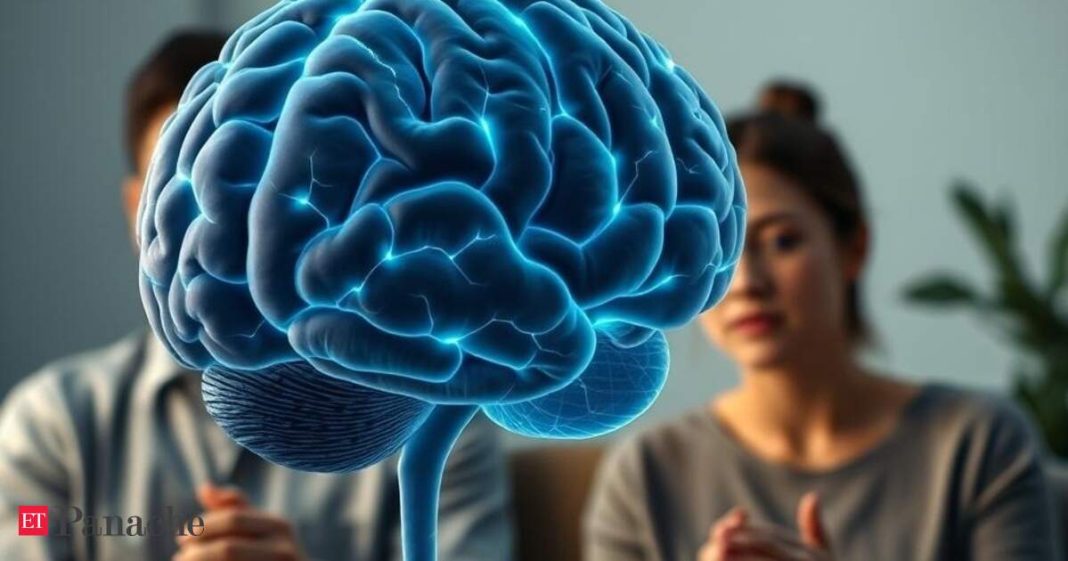Think you can mask how you feel with a polite smile or practiced poker face? Neuroscience says otherwise. According to Dr. Wendy Suzuki, a renowned neurologist and Dean at New York University’s College of Arts & Science, your brain has already decoded someone’s true emotions long before they finish their sentence.
In a recent Instagram reel from her series Betty’s Brainy Bytes, Dr. Suzuki revealed how a powerful region of the brain called the superior temporal sulcus (STS) acts as a built-in emotion detector. “It decodes microexpressions, tone, and tiny posture shifts to guide every social interaction,” she explained. “It’s why you feel that uh-oh after an awkward pause.”
The Silent Language of Feelings
The phenomenon Dr. Suzuki describes aligns closely with the science of kinesics—the study of body movement and nonverbal communication. Pioneered by anthropologist Ray Birdwhistell in the 1950s, kinesics highlights how subtle facial movements, gestures, and stances shape human interaction far beyond spoken words.
Birdwhistell estimated that less than 35 percent of communication’s social meaning comes from actual words, while the rest is conveyed through nonverbal cues. These tiny, almost imperceptible signals are what the brain’s STS reads instinctively, helping humans navigate conversations, detect sincerity, and even sense danger.
View this post on InstagramA post shared by Wendy Suzuki (@wendy.suzuki)
Reading the Unspoken
Dr. Suzuki’s message carries a modern resonance in a world increasingly mediated by screens and digital filters. When facial expressions are reduced to emojis and tones to text, our natural ability to read nonverbal cues begins to fade. Her advice? “In one conversation, simply observe tone and face without judging it or yourself. Note one thing you noticed and one thing you felt. That builds social awareness and calms the anxiety loop,” she suggested in her video.
The neuroscientist, who has spent decades studying neuroplasticity and the effects of exercise on cognitive function, believes that tuning into these micro-signals strengthens emotional intelligence and interpersonal connection.
Why It Matters
Whether in a boardroom, classroom, or casual chat, the brain’s silent decoding engine is always at work. Understanding this process doesn’t just make us better communicators—it makes us more empathetic and self-aware. As Dr. Suzuki’s playful yet profound caption put it: “Think you can hide how you feel? Someone’s brain is already reading you like a book.”
So next time you try to mask frustration with a smile or fake interest with a nod, remember: the superior temporal sulcus knows the truth before you do.




